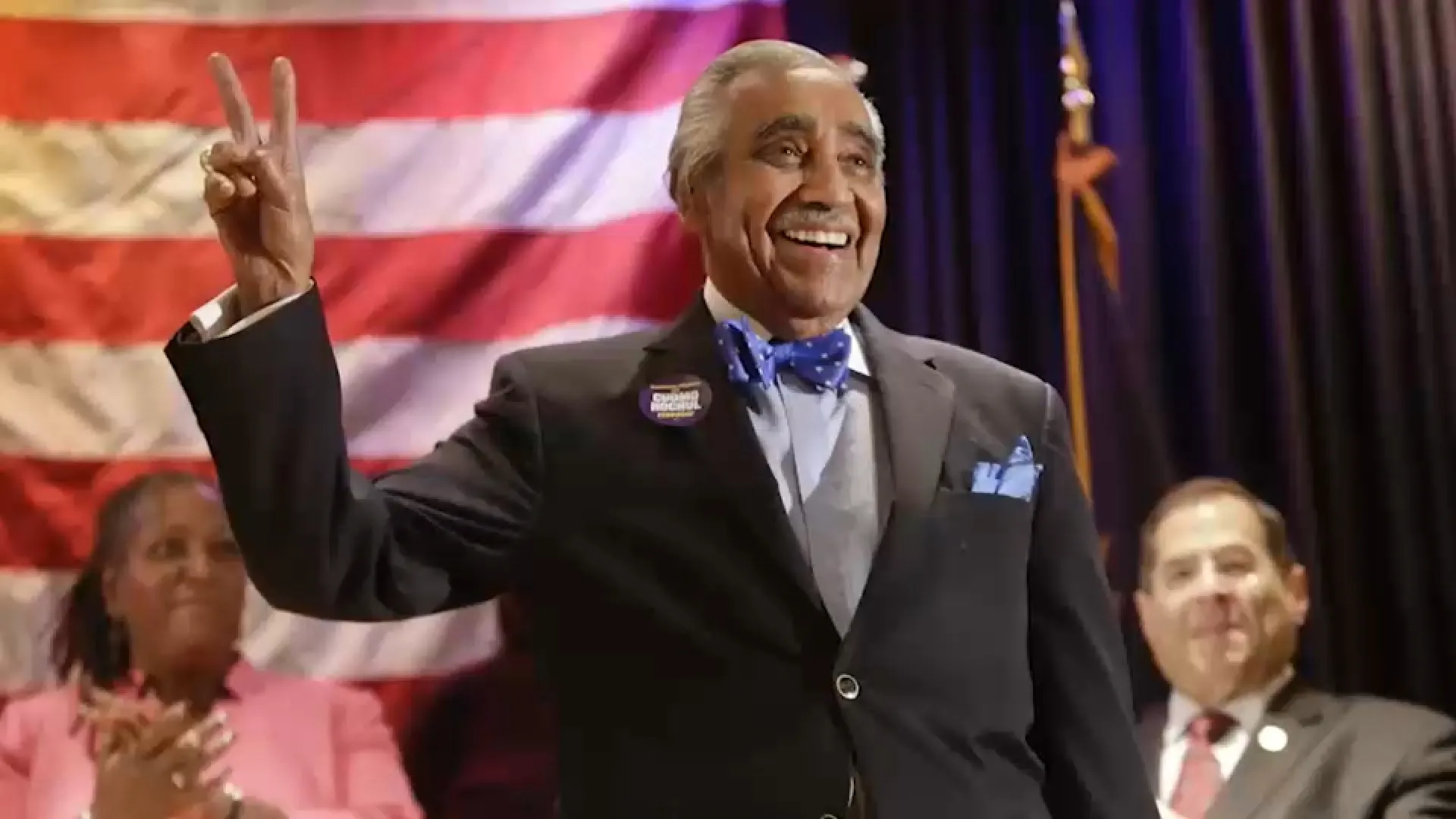Charles Rangel: A Life Devoted to Public Service
On a solemn day in Midtown Manhattan, the community gathers to bid farewell to former U.S. Representative Charles B. Rangel, a titan of New York politics and a staunch advocate for social justice. Rangel’s funeral, held at the iconic St. Patrick’s Cathedral, marks a poignant moment not only for his family and friends but also for the countless lives he touched during his illustrious career. With a legacy that spanned more than four decades in Congress, Rangel’s influence was felt far beyond the halls of legislation; he was a voice for the marginalized and a champion for equality.
A Beacon of Hope in Harlem
Born on September 11, 1930, in Harlem, Rangel was the son of Puerto Rican parents who instilled in him the importance of family and community. Growing up in a turbulent era, he faced challenges and adversities that fueled his commitment to improving the lives of others. Serving in the U.S. Army during the Korean War, Rangel returned to New York with a renewed sense of purpose, which eventually led him into politics. His passion for public service was ignited, and he felt called to represent those who had been historically underrepresented.
Political Rise and Achievements
Rangel was elected to Congress in 1970, representing New York’s 15th congressional district, which encompassed much of Harlem. His tenure was characterized by tireless advocacy for civil rights, education, and healthcare reform. The legacy he leaves behind is one of expansive contributions, including the restoration of the Harlem Hospital, efforts to secure funding for education initiatives, and significant impacts on housing policy, which aimed to provide affordable living for all New Yorkers.
Moreover, his commitment to veterans’ affairs resulted in improved benefits and recognition for those who served the country. Rangel was a key player in the establishment of the Volunteer Recruitment Program, which sought to encourage young Americans to engage in military service. His military background played a significant role in shaping his views and policy priorities, making him a formidable advocate in Congress.
A Man of Controversy and Resilience
While Rangel’s career was largely celebrated, it was not without its controversies. In 2010, he faced ethics charges relating to tax evasion and misuse of funds. Despite the challenges, Rangel’s resilience shone through, as he continued to serve his constituents while addressing the allegations directly. His ability to connect with his constituents amidst personal and political challenges demonstrated a level of dedication that many admired, highlighting the complexities of a man who fought for his beliefs, both in the spotlight and in adversity.
The Mourners Pay Respects
As Rangel lay in state at New York City Hall, thousands came to pay their respects. Friends, family, and constituents formed long lines outside, eager to commemorate the man who dedicated his life to public service. People from all walks gathered to honor him – some bringing flowers, others sharing stories, but all united by a shared sense of loss. Signs of gratitude adorned the area—a poignant tribute to a figure whom many referred to as the “Son of Harlem.”
Funeral at St. Patrick’s Cathedral
The grandeur of St. Patrick’s Cathedral served as an appropriate setting for Rangel’s funeral, filled with solemnity and reflection. Eulogies by political figures, friends, and family encapsulated the essence of Rangel’s life—a vibrant tapestry woven with passion, dedication, and unyielding loyalty to his people.
During the service, it was evident that Rangel’s impact transcended party lines. Even those who may have disagreed with him politically gathered to celebrate his legacy, underscoring the broad respect he garnered throughout his career. Speakers shared anecdotes that painted the picture of a man who was not just a politician, but also a mentor, a friend, and a loved one.
Legacy and Lessons to Carry Forward
As the funeral drew to a close, mourners were left with a resounding message: a commitment to fight for justice, equality, and improvement in the lives of others, values that Rangel embodied throughout his life. His story serves as an inspiration to current and future generations of leaders; a reminder that political service is about the people, and not merely about holding office.
Rangel’s ability to bridge gaps between communities, his efforts to advocate for civil rights, and his resilience in the face of adversity all underscore the necessity of perseverance in public service. The legacy he leaves behind is an invitation to everyone to continue the fight for social justice, poverty alleviation, and civil rights. The echoes of his work continue to resonate, especially in a country that still grapples with social issues he tirelessly sought to address.
A Closing Reflection
As we reflect on the life and career of Charles Rangel, it is clear that he was more than just a congressman; he was a voice for the voiceless, a warrior for change, and a beacon of hope for all who aspire to make a difference. The sentiments shared at his funeral remind us of the power of community and the strength of togetherness in the face of loss. In honoring Rangel’s legacy, let us not only remember the man he was but also strive to uphold the values he represented.
As the nation watches the proceedings unfold and mourners gather to celebrate his life, Charles Rangel’s contributions will undoubtedly be remembered for years to come. His journey encourages us all to advocate for a better future while holding steadfast to the ideals of justice, equality, and service that defined his extraordinary life.







